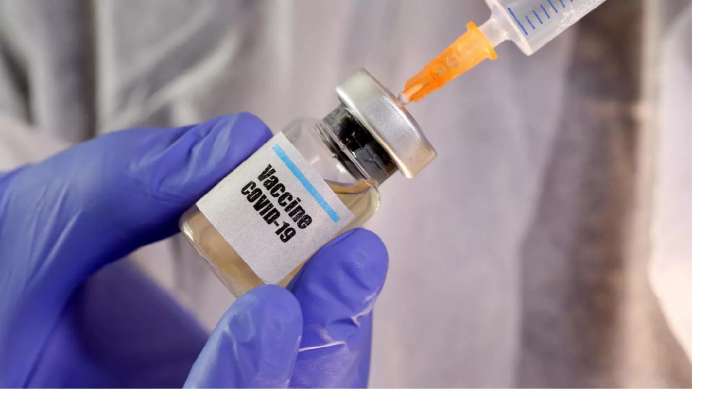The media on Monday citing their information from their sources reported that Serum Institute of India, the world’s largest vaccine maker by number of doses produced, has sought government approval for emergency use authorisation of the coronavirus vaccine that it is developing with the University of Oxford and British drugmaker AstraZeneca.
The Pune-based pharma firm is the second to do so, say sources, after American firm Pfizer sought approval from the drug regulator – the DCGI (Drugs Controller General of India) – for its COVID-19 vaccine, cleared by the United Kingdom and Bahrain.
Serum Institute of India (SII) partnered with AstraZeneca Plc to conduct trials on its Covishield vaccine in India. Media reports quoted their sources in SII as saying: “Covishield is safe and well-tolerated and can be used effectively for prevention of COVID-19 in the targeted population. Thus, the benefit to risk ratio strongly supports its widespread use.”
The phase-three clinical trial of Covishield, co-sponsored by Indian Council of Medical Research (ICMR), is being conducted in various parts of the country in addition to clinical studies being carried out by Oxford-AstraZeneca in the UK and Brazil.
The Pune-based institute has shared interim data with the DCGI of four clinical trials – one in India, two trials in UK and one in Brazil, sources supposedly told the media.
The government last week said it had found no reason to stop the Oxford vaccine trials in India after reviewing a Chennai volunteer’s allegation of serious adverse effects, including memory loss and change in behavior. The Adar Poonawalla-led Serum Institute of India (SII) also said the vaccine was “safe and immunogenic” and the Data and Safety Monitoring Board and the Ethics Committee had “independently cleared” the trials after examining the complaint.
Last month, AstraZeneca had said an interim analysis of clinical trials of its COVID-19 vaccine in the UK and Brazil showed that it was 70 per cent effective on average, becoming the third drugmaker after US firms – Moderna and Pfizer – to announce promising results to contain the deadly virus, which has affected over 96 lakh people in India and over 6.6 crore people across the world.
The company had also said that the vaccine showed 90 per cent efficacy in one dosing regimen when the vaccine was given as a half dose, followed by a full dose at least a month later, while another dosing regimen showed 62 per cent efficacy when given as two full doses at least one month apart.

